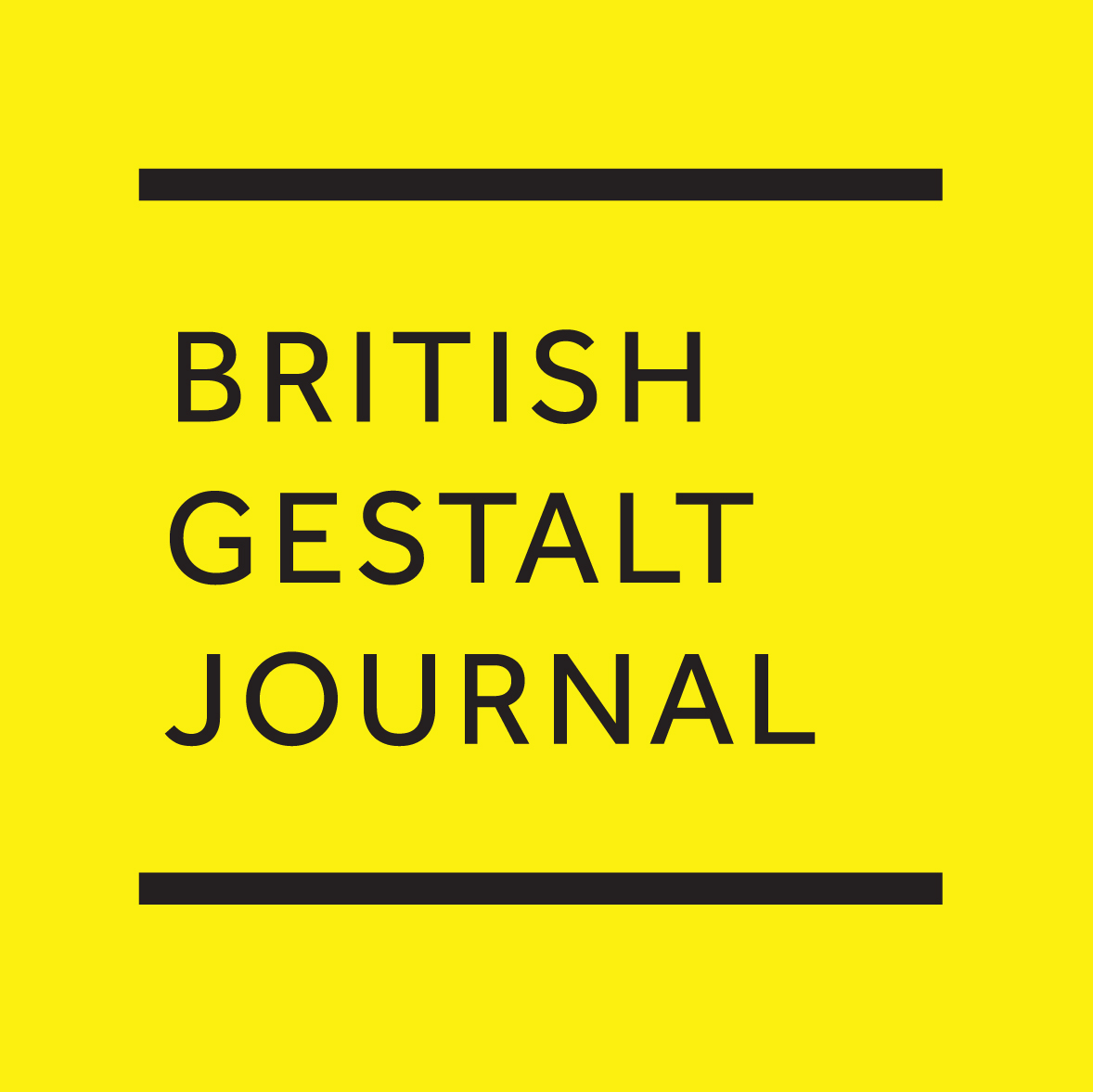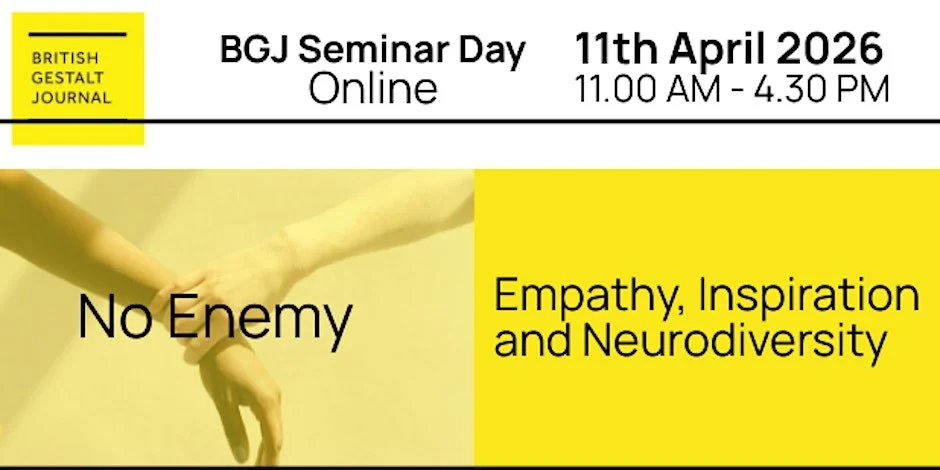You are warmly invited to join us for the British Gestalt Journal’s Spring 2026 Seminar Day — an online gathering for practitioners across all modalities, trainees, and anyone curious about deepening their relational work.
Read MoreBGJ Writing Academy | Writing Residential
Join us for two days of writing, connection and inspiration at the BGJ Writing Academy Writing Residential!
Read MoreBGJ Writing Academy | Online Evening Workshop | Developing Your Internal Editor
Get ready to expand your writing skills and explore your writing possibilities at our upcoming online evening workshop.
Read MoreBGJ Writing Academy | How to start writing | Online evening workshop
An online introductory workshop for aspiring and novice writers, taking place online on the evening of Wednesday 19 November
Read MoreDr Tessabella Lovemore on Boys Born Anxious: Examining Facts, Symptoms and Critical Lifelong Consequences
Dr Tessabella Lovemore explores how boys’ lives start at a disadvantage for right brain development, finding a confident sense of self and emotional literacy.
Read More

